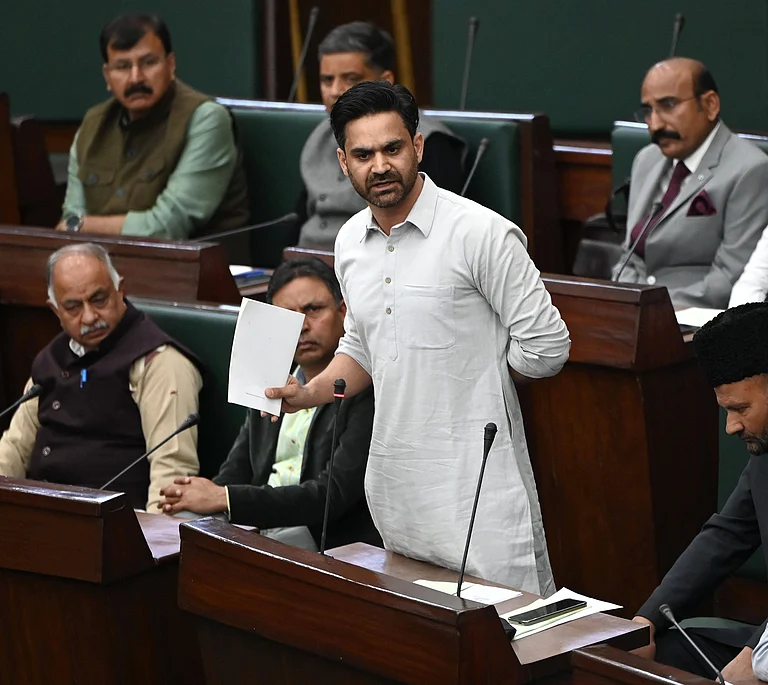A proposal to provide Rs. 1,000 crore for the welfare of tea workers, together with various other schemes announced by Finance Minister Nirmala Sitharaman is likely to provide a boost to the industry, according to trade bodies.
While presenting the Union Budget 2021, the Finance Minister proposed to provide Rs. 1,000 crore for the welfare of tea workers, especially women and their children in Assam and West Bengal for which a special scheme will be devised.
Hailing the proposal, the Indian Tea Association (ITA) said that the allocation aggregating Rs. 59,000 crore for developing 1,975 km of road infrastructure in Assam and West Bengal will go a long way in giving the tea industry a boost.
The body added that with the existing National Health Mission, an allocation of Rs. 64,180 crore under Pradhan Mantri Atma Nirbhar Swathya Bharat Yojana will also support the industry.
The Tea Association of India (TAI), the apex body of tea garden owners, expressed optimistic about the Budget proposals in a statement.
It said the emphasis on the health and wellbeing and reinvigorating human capital highlighted as the six pillars of the Budget 2021 proposals would prove to be all-inclusive.
The industry would benefit from these measures, it stated.
Indian tea is said to be the finest in the world and enjoys great demand. The main tea-growing regions are in Northeast India in Darjeeling district and the Dooars region of West Bengal.
Tea is also grown on a large scale in the Nilgiris in south India.
India’s tea exports in Jan-Nov 2019 stood at Rs 5,244.19 crore while provisional figures for 2020 corresponding was estimated at Rs. 4,599.97 crore (subject to change) by the Tea Board. This was despite the restrictions imposed following the Coronavirus pandemic.
Among top importers were the CIS, Iran, the USA and UAE.


























